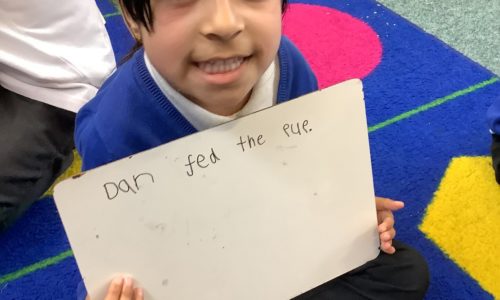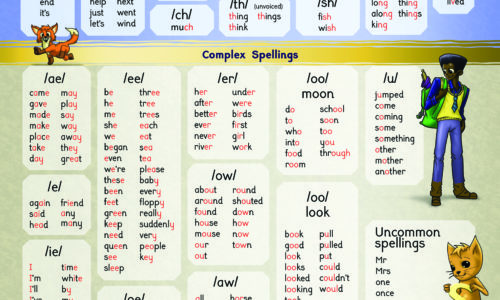
The verb ‘to dictate’ is not one that teachers warm to. This is because we love to foster creativity in our children and to get them to write their own ideas. BUT when teaching children how to read and spell we need to use all the best tools we have to instruct our beginner readers […]
Read More


